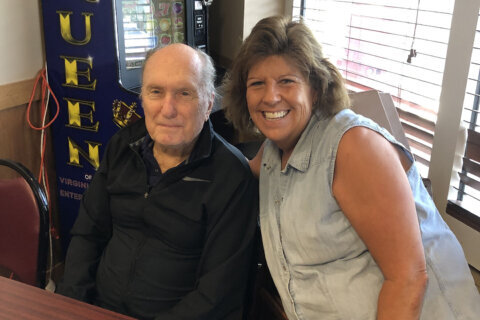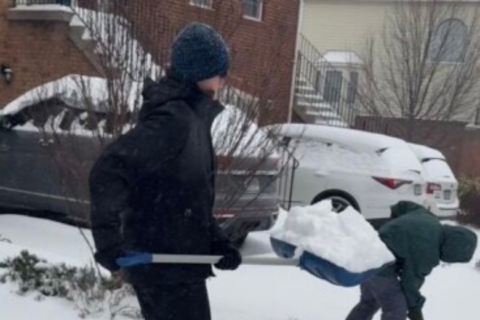WASHINGTON — A historic Virginia town’s proposal to become a city is much more than an academic exercise to study the feasibility; it could affect taxes, business and the town’s biggest landmark.
The Town of Leesburg is exploring whether becoming a city would get rid of duplicate taxes residents currently pay for town and county services. But if it became a city, it could no longer be the county seat under state law.
“If Leesburg would to become a city, it would no longer be part of Loudoun County,” County Supervisor Matt Letourneau says of the unique Virginia law.
Letourneau says the county is about to expand the courthouse, which generates most of the town’s revenue. But if it’s no longer the county seat, “I would almost immediately want to stop the project … it would make no sense for the county to start investing, even more so, into Leesburg.”
State Delegate Randy Minchew says the bill he proposed that asks Leesburg look into becoming a city was requested by the town council, because residents are tired of paying town and county taxes for services.
“There’s a lot of redundancy between county services and town services that town residents pay for,” he says.
Not only do Leesburg residents pay for the Loudoun County Sheriff’s Office; they pay for the Leesburg police. They pay to fund two park systems and two economic development offices.
A Leesburg resident himself, Minchew says this has been done before by a town at the county seat.
“When the town of Fairfax became a city, the courts did not leave the city. The county and the town worked out the arrangement whereby the courts would stay in the historical county seat,” he says.
The process would take up to four years, which it very well may not.
Minchew is not sponsoring the bill, but rather filing it “by request,” which indicates to his contemporaries that it was requested by his constituents. Minchew says he wants to see how becoming a city would affect residents financially before he backs it.
Minchew says the biggest issue would probably be the schools, but says that is farther down the road.
“I think the county will probably not be supportive of the bill. But I think it is fair for the town to start the analysis,” he says.








